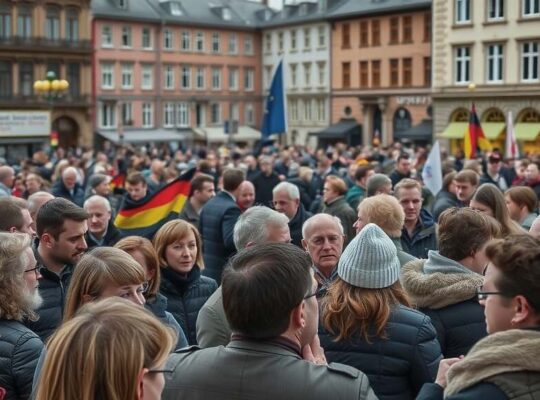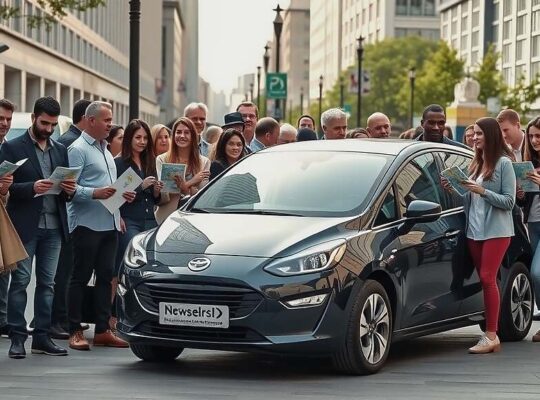A recent survey by the Bitkom, the German IT industry association, reveals a surprisingly widespread adoption of augmented reality (AR) technologies across the nation, raising questions about the evolving relationship between citizens, technology and potential societal implications. The study, based on a telephone poll of 1,156 individuals aged 16 and above conducted between May 7th and 23rd, 2025, indicates that nearly half (50%) of the German population currently utilizes AR applications.
The uptake is particularly pronounced among younger demographics. A majority (64%) of those aged 16-29 and a significant 60% of those aged 30-49 actively engage with AR. Even among the 50-64 age group, adoption reaches 47%, while a notable 32% of those 65 and older report usage. This broad adoption curve suggests a potentially transformative shift in everyday interaction with digital information.
While awareness of AR glasses is relatively high (86%), a significant knowledge gap exists regarding its accessibility through everyday devices like smartphones and tablets (54% awareness). This discrepancy highlights a potential barrier to wider adoption, as many may be unaware of the ease with which they can already experience augmented reality.
Currently, the most popular AR applications are those familiar from social media – camera filters that alter appearance or overlay digital effects. However, the survey exposes a hunger for more sophisticated uses. A substantial 39% are open to using AR filters and nearly half the population express interest in AR gaming experiences like “Pokémon Go”, which blend digital content with the physical world.
Beyond entertainment, the survey data points to emerging potential for AR in practical applications. A significant 39% are open to using AR to virtually place furniture or try on clothes, a feature increasingly integrated into e-commerce platforms. Furthermore, 36% are receptive to AR-powered navigation systems that overlay directional cues onto the user’s view.
However, the lower adoption rates for AR applications in context-specific areas such as tourism (6%) and training (6%) raise questions about usability and the necessity for tailored incentives. The limited use of AR to enhance printed media-newspapers, magazines and books-also suggests a lack of compelling content integration.
The widespread adoption of AR, while initially driven by entertainment, presents a complex political landscape. Questions arise regarding data privacy, the potential for digital manipulation and the equitable distribution of technological access. The government and policymakers must proactively address these challenges to ensure that AR implementation fosters genuine citizen empowerment rather than exacerbating existing social and economic divisions. The survey’s findings underscore the imperative for robust digital literacy programs and critical evaluation of the role augmented reality will play in shaping the future of German society.












